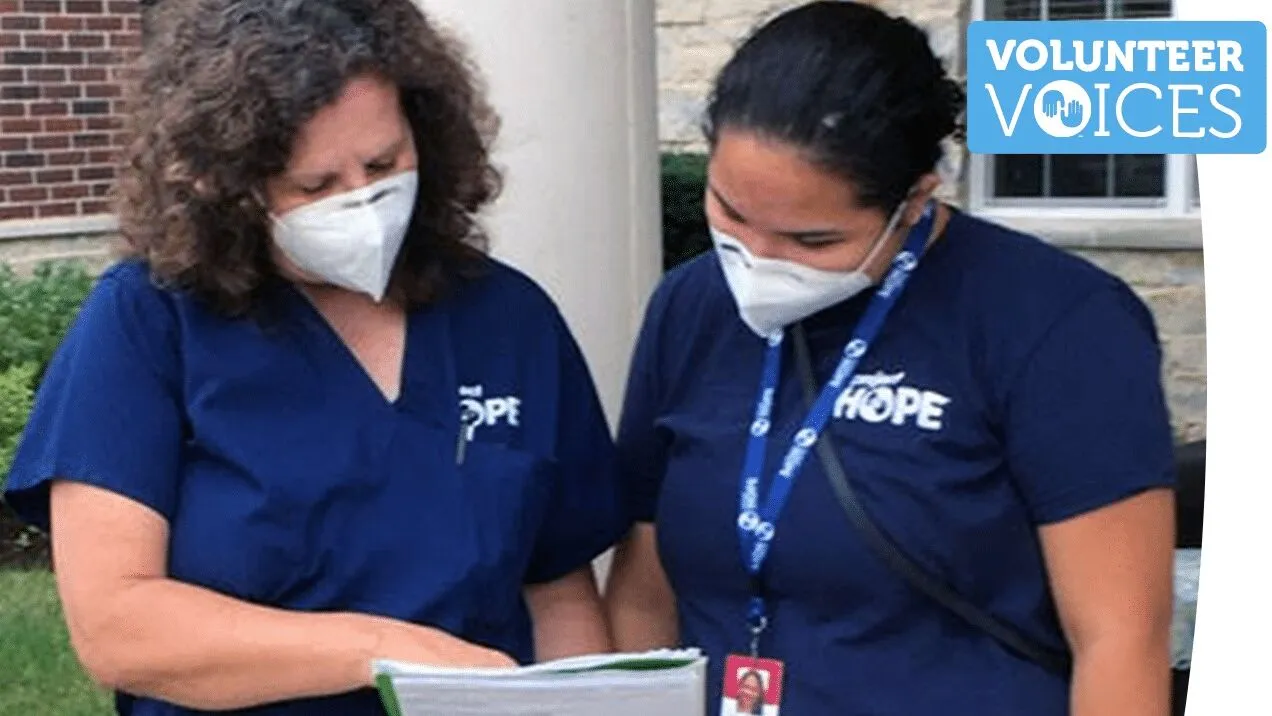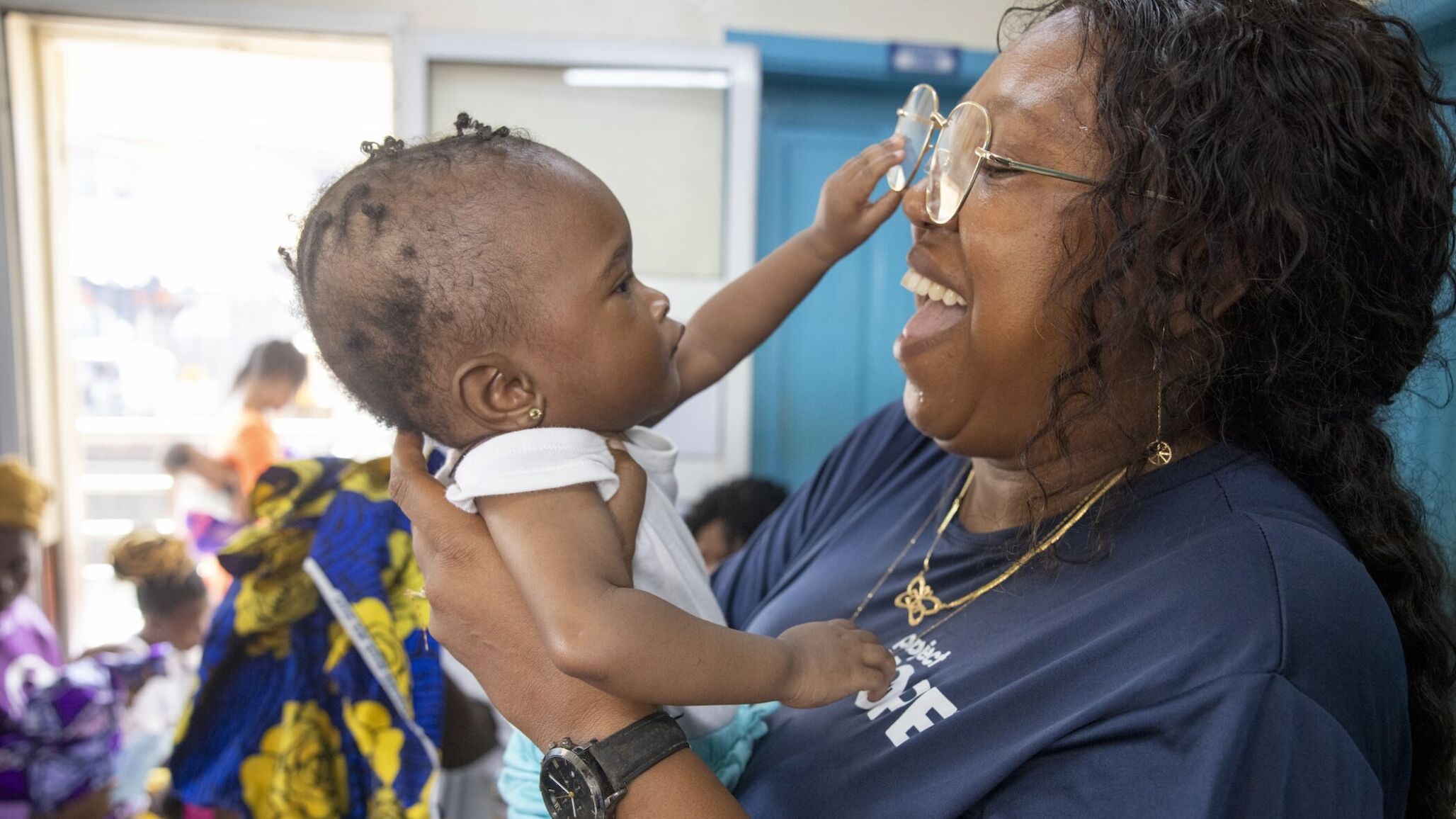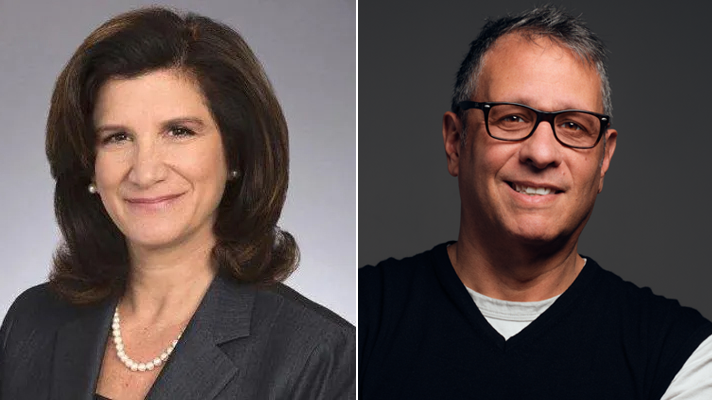Volunteer Voices: The Cost of COVID-19 on Seniors
COVID-19 has taken a toll on seniors nationwide — physically, but also mentally. Read the latest dispatch from two Project HOPE volunteers deployed to Cook County, Illinois.

Cook County, Illinois has been hit hard by COVID-19 — especially the county’s senior and elderly communities. In partnership with the Cook County Department of Public Health, Project HOPE deployed a team of medical volunteers to provide surge support as facilities work to help meet increased patient loads.
The impact of COVID-19 on long-term care residents has been devastating. Nursing homes across the nation have experienced staggering numbers of infections in residents and staff, as well as substantial loss of life.
In Chicago and Cook County, Illinois, Project HOPE is providing on-the-ground assistance in breaking the chain of COVID-19 transmission in these facilities. During the course of our outreach, our team has visited over 25 facilities in the Chicago area, helping staff and administration implement recommended guidance from local public health agencies. But our work here goes beyond simply providing guidance — and our team’s recent interaction with a facility in Cook County is a wonderful illustration of why.
What once had been a vibrant home with group meals, music concerts, community events, and family visits was now a place where meals were taken in private rooms, social gatherings were off limits, there were no community picnics on the lawn, and the much-loved family visits were limited to window exchanges.
Rosary Hill is a faith-based convalescent home managed by a religious order. It is one of the few truly nonprofit convalescent homes in the Chicago area, and early on, it was clear the facility had few resources and needed support to mitigate the spread of COVID-19. With many of their health care staff off from work due to COVID-19 exposure or illness, the Sisters were wearing multiple hats and doing many of the necessary jobs to keep their residents healthy, happy, and safe from COVID-19. The burden of the pandemic was exhausting their efforts.
It was clear to our team that much had changed for this small community. What once had been a vibrant home with group meals, music concerts, community events, and family visits was now a place where meals were taken in private rooms, social gatherings were off limits, there were no community picnics on the lawn, and the much-loved family visits were limited to window exchanges. Like many long-term-care facilities, Rosary Hill had lost some of its beloved residents to the virus, and anxiety and concern were ever-present.
Our team was ready. During our initial visit, the Sisters, although tired, warmly welcomed us in. We could see the pride they had in their facility and the love they had for their residents. We spent the morning touring the facility and then built a plan to help keep the residents healthy, engaged, and safe in accordance with local public health guidelines. During the course of our discussions, we identified that the facility’s most dire need was completion of baseline SARS-CoV-2 PCR testing.
Though our team had not previously been involved in testing, Project HOPE, in partnership with the Cook County Department of Public Health, was able to obtain testing materials. The following Monday, we provided testing for 100 residents, staff members, and Sisters in this unique community. Project HOPE’s ability to perform the testing was especially significant as it allowed the staff and Sisters to refocus their efforts in caring for and serving the residents in this unique community.
The Project HOPE team has since returned to the facility to support the staff on several topics, including infection prevention, universal masking, and healthy ways for health care workers to cope with stress and fatigue. Over the course of the next few weeks, through emails, visits, and phone calls, we were able to mentor and support the leadership as they implemented our team’s recommendations and provide resources to help plan for future outbreaks.
The staff and Sisters expressed much thanks to us for helping them keep their residents and staff safe during this pandemic. Most importantly, and in the spirit of Project HOPE’s overarching mission, the Sisters were grateful and often offered our team “Blessings” for empowering them to move forward with sustainable and pragmatic strategies.
Our team continues to maintain a relationship with this small community of elderly citizens and Sisters, and this work is a powerful example of the Chicago deployment’s commitment and purpose during the COVID-19 response.
Susan Schory is the Clinical Team Lead for Project HOPE’s COVID-19 emergency response in the Chicago metropolitan area. Susan has over 30 years of combined experience as an educator and nurse and has extensive experience in both domestic and international emergency response. Susan has worked for Project HOPE in both sub-Saharan Africa and served as a faculty in residence at the HOPE School of Nursing in Wuhan, China. She is presently clinical faculty in the College of Nursing at the University of Illinois-Chicago.
Celeste Pearson is an Infection Control Consultant for Project HOPE’s COVID-19 emergency response in the Chicago metropolitan area. Celeste has worked as a nurse in a variety of health care settings including pediatrics to gerontology, home health to ICU, and clinical medical research. She has recently completed her Doctor of Nursing Practice and looks forward to continued work in the public health setting.



